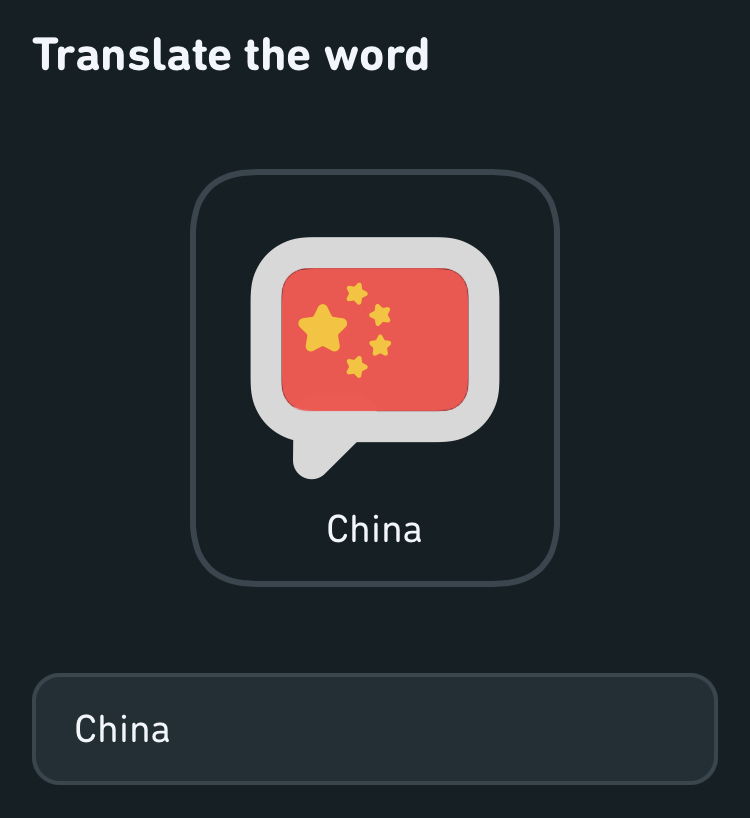

you could also just use the player hotkeys to cycle through subtitles and secondary subs
felt lazy, might post details later


you could also just use the player hotkeys to cycle through subtitles and secondary subs
felt lazy, might post details later


Yeah I should have explained it a little more in depth, haha. It’s hard to reduce these words to simple translations. All parts are weird enough on their own.
如 means “follow” more in the sense of “follow orders”, go along, comply, accord, be like, as if, etc. 果 means fruit in a very broad sense as the “effect” of a tree or seed, think like “bear fruit”, “fruitless”, “the fruits of one’s labor”, etc. So in combination they mean, what happens if the results of a situation are according to some description.
The other variant I think is a bit simpler. 要 means “ask for”, “demand”, “request”, “want”, “need”, “must”, sort of the inverse of the above 如 here. So a hypothetical demands that a situation 是 be a certain way. It places a restriction on the possible outcomes.
Sorry if this is nonsense, I might post other compounds with 果 and delve deeper … whenever I feel like™ 😎


Posting neat Chinese phrases whenever I feel like #35
Literally: “follow fruit / need be”
Figuratively: “if”


Don’t thank me, thank our gigachad devs


I have a confession to make. I am actually based cringe.


Posting neat Chinese phrases whenever I feel like #33
Remember 上 and 下 (up and down)? If your 心 (heart) was going up and down, how would you feel? Perhaps perturbed, fidgety, upset, on edge, uneasy, nervous?
This is a 2-syllable word where neither 忐 nor 忑 make sense on their own, they are strictly parts of this word. I’m also 99% sure that the characters were invented specifically for this word.


Posting neat Chinese phrases whenever I feel like #32
(nǎo dài)
Literally: “brain bag”
Figuratively: “head” (informal)


help i misspelled Brendan oh man i am not good with computer pls to help


i can’t believe duolingo would do this to me 



we have to close the doge gap


Posting neat Chinese phrases whenever I feel like #19
(hǎo jiǔ bù jiàn)
Literally: “good [long time] not see”
Figuratively: “long time no see”
Ever wondered where that seemingly English phrase came from? 


Posting neat Chinese phrases whenever I feel like #16
(mù yǐ chéng zhōu)
Literally: “wood already become boat”
Figuratively: “what’s done can’t be undone”
Even if you don’t know Chinese, take a look at the first and last characters and you might still be able to make out traces of a tree and a boat. (We don’t talk about the middle 2 characters 💀)


yup: tool > technique > work > industry, and branching off into “construction” from somewhere in there


it originally depicted some variant of this but yeah the I-beam definitely helped cement* the continued use of this character
* 


day after pizza (cold) > fresh pizza > day after pizza (reheated)
Posting neat Chinese phrases whenever I feel like #36
马上
Literally: “on horseback”
Figuratively: “right away; soon”
@[email protected]